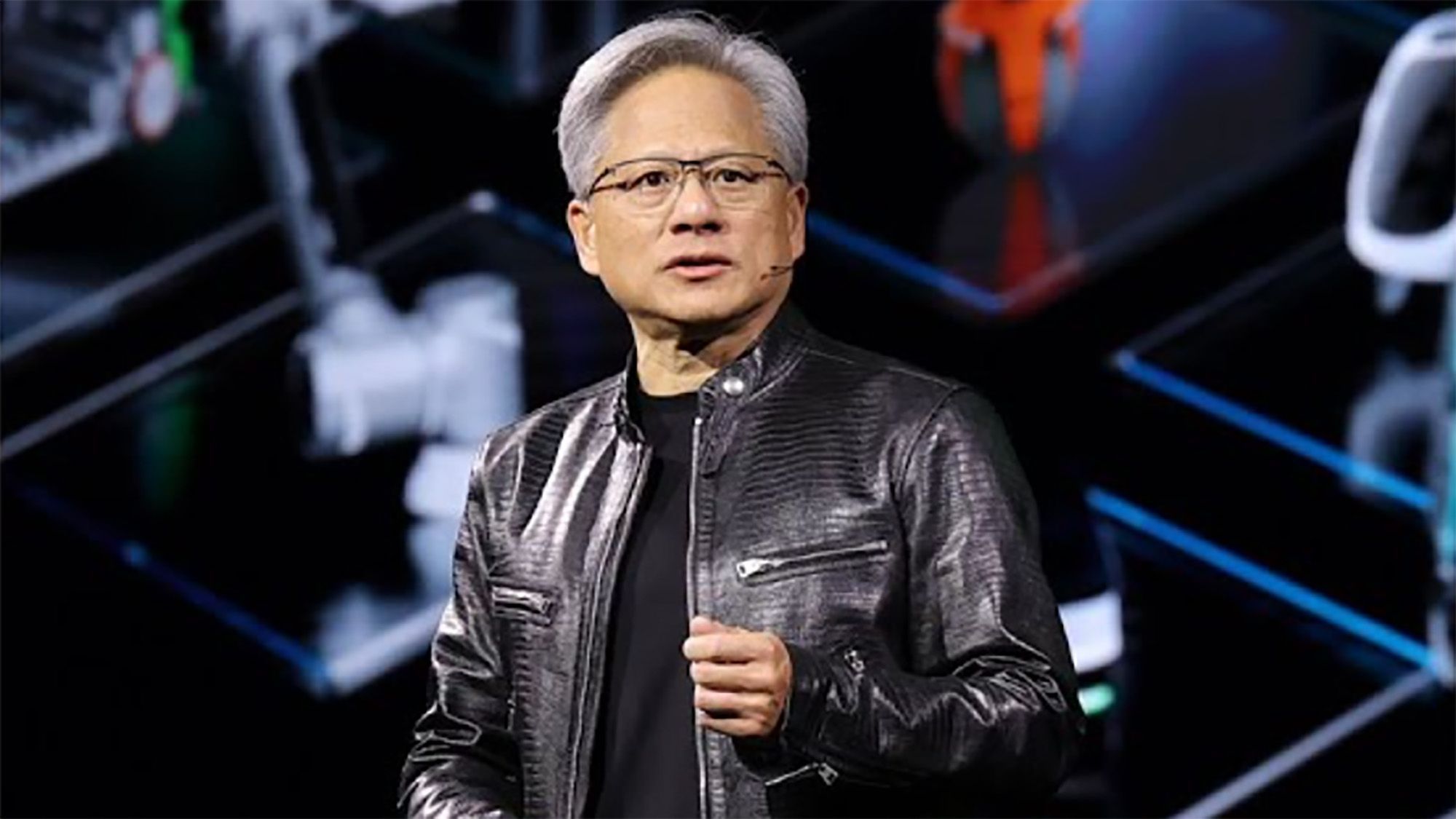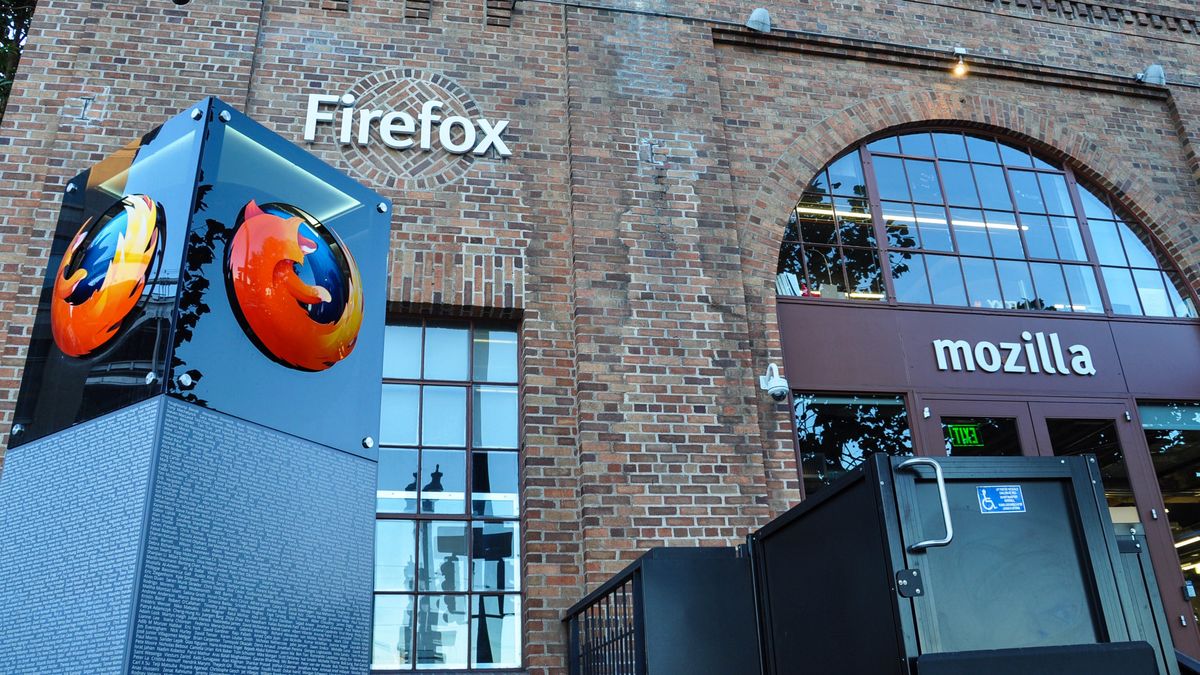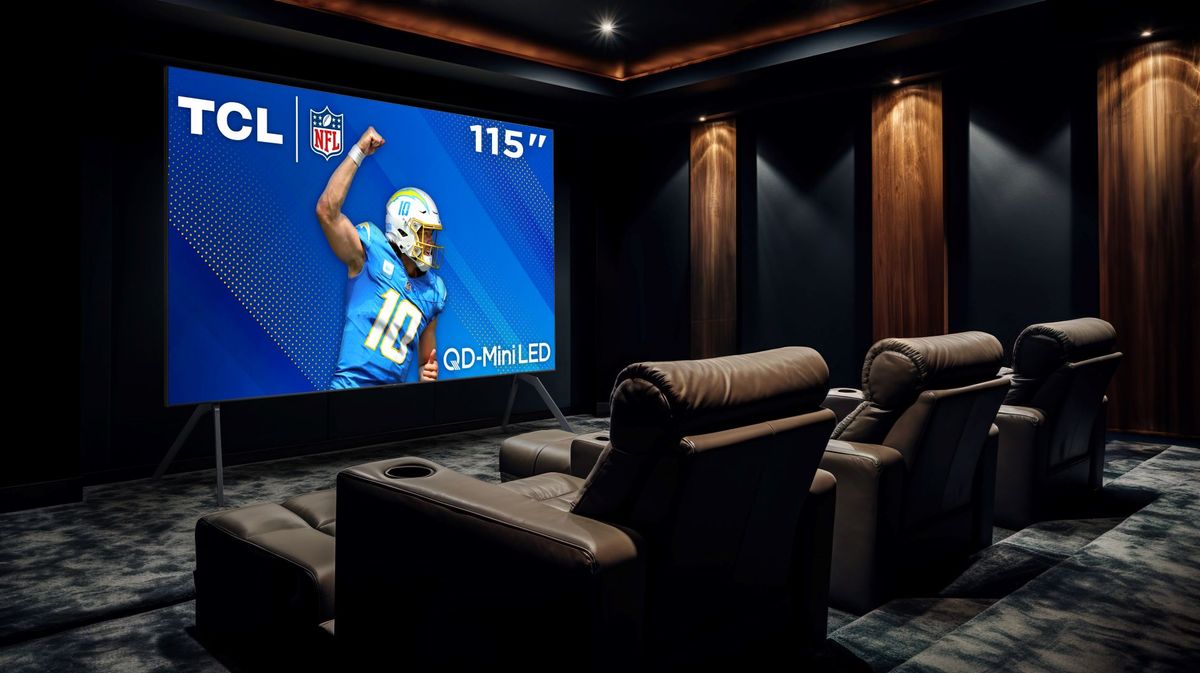- Jensen Huang argues that China's rapid growth of AI challenges long-held assumptions about American dominance
- Restrictive chip policies risk weakening US influence over global AI development
- China's vast developer ecosystem continues to advance despite limited access to top hardware
Nvidia CEO Jensen Huang has raised eyebrows by declaring that “China is going to win the AI race,” as it is just nanoseconds behind the United States in developing artificial intelligence.
Huang added that society could benefit from a little less “cynicism” and said he believes the United States must maintain its competitive advantage and engage China's huge developer base, because excluding them could create long-term consequences for global AI adoption.
“It is vital that the United States wins by running and winning developers around the world,” said Nvidia CEO Jensen Huang on X.
AI race between the United States and China
Nvidia has faced restrictions in China due to government policies, preventing the sale of its latest processors, critical for AI tools and applications, which are essential for research, deployment and scaling of AI workloads.
Huang suggested that limiting Chinese access could inadvertently slow the spread of American technology, even as policymakers focus on national security.
Hardware remains critical to AI supremacy, as CPU performance and specialized accelerators give data centers the ability to process the vast data needed to train large AI models.
Huang noted that maintaining a leadership position in AI requires not only advanced chips but also widespread adoption of tools based on American technology.
Data centers equipped with these processors underpin global experimentation, and excluding China risks creating parallel systems outside of US influence.
Government policy decisions regarding chip exports are also central to this debate, with President Trump saying that Nvidia's most advanced Blackwell chips should be reserved for American users, while China has limited interactions.
Huang warned that overly restrictive policies could hinder US influence, as Chinese developers continue to innovate within their own ecosystem.
The United States continues to maintain the technological lead, but China's rapidly growing developer base and its growing artificial intelligence capabilities make the global race highly competitive.
“We want the United States to win this AI race. There's no doubt about that,” Huang said at a recent Nvidia developer conference.
“We want the world to be built on American technology. That is absolutely the case. But we also need to be in China to win over its developers. A policy that causes the United States to lose half of the world's AI developers is not beneficial in the long term, it hurts us more,” he added.
Via Financial Times
Follow TechRadar on Google News and add us as a preferred source to receive news, reviews and opinions from our experts in your feeds. Make sure to click the Follow button!
And of course you can also follow TechRadar on TikTok for news, reviews, unboxings in video form and receive regular updates from us on WhatsApp also.









